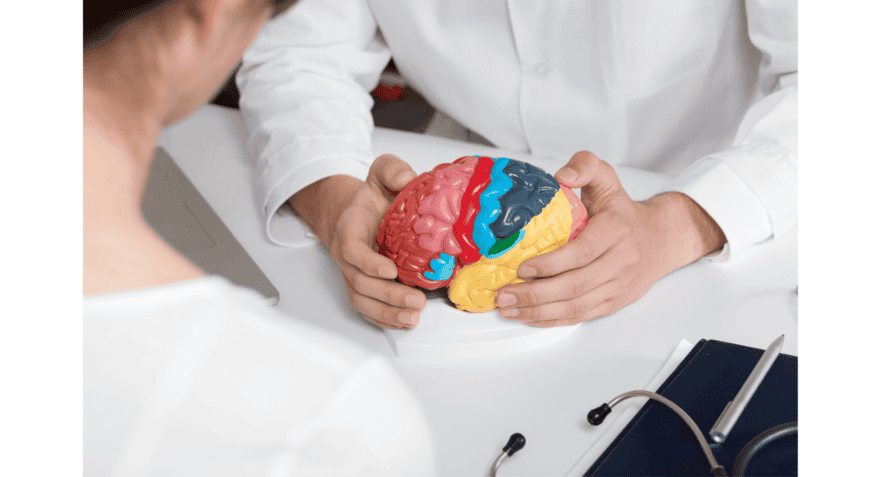Maintaining overall health requires attention to many different areas, and hearing health is a critical part of that. But did you know that your brain and hearing are more connected than most people realize? Cognitive screenings have become increasingly important in evaluating mental sharpness, memory, and problem-solving abilities.
What’s often overlooked is how these screenings can provide perspectives into hearing health. Hearing and cognition work hand in hand, and changes in one can affect the other. For anyone curious about the relationship between cognitive screenings and hearing health, it’s worth exploring how these two areas intersect. Understanding this connection can lead to better long-term wellness.
The Brain and Hearing Work Together
Hearing isn’t just about the ears. When sound enters the ear, the brain processes and interprets what’s heard. This requires mental effort and involves multiple brain functions. When someone has hearing difficulties, the brain has to work harder to understand sounds, especially in noisy environments.
Over time, this extra strain can affect cognitive abilities, leading to memory lapses or difficulties with concentration. This connection means that if someone struggles with hearing, it can impact brain health, making cognitive screenings valuable in detecting underlying hearing issues.
Hearing loss is linked to an increased risk of cognitive decline and people with untreated hearing loss may be at greater risk of developing dementia. This is because when the brain is under stress from trying to compensate for hearing loss, it redirects resources away from other cognitive functions, weakening overall brain performance. Addressing hearing health through a routine hearing test can lessen the chances of mental fatigue and help preserve cognitive abilities over time.
What Happens During a Cognitive Screening?
A cognitive screening is a quick and non-invasive way to evaluate brain function. These tests assess memory, attention, problem-solving, and language skills. Some screenings also measure how well someone follows instructions or reacts to changing information.
Though cognitive screenings don’t take long, they provide valuable information about brain health. In the context of hearing health, these screenings can help identify signs of cognitive strain caused by untreated hearing loss. They are an important tool for hearing health professionals to understand the full picture of someone’s overall well-being.
The Role of a Hearing Test in Cognitive Health
A hearing test is simple but highly informative, assessing how well someone hears sounds at different pitches and volumes. If a hearing test detects any loss, addressing it early on can help reduce the impact of decreased cognitive function.
Hearing aids or other interventions can relieve the mental effort of straining to hear, allowing the brain to function more efficiently. Regular hearing tests, combined with cognitive screenings can ensure that hearing and brain health are monitored together.
Why Hearing and Cognitive Health Go Hand in Hand
The relationship between hearing and cognitive health highlights the importance of addressing hearing issues promptly. When the brain doesn’t have to work overtime to process sounds, it can focus on other important tasks like memory and problem-solving. This balance helps maintain overall mental sharpness, especially as people age.
Taking proactive steps, like scheduling a hearing test and getting regular cognitive screenings can provide peace of mind and protect long-term well-being. It’s not just about hearing well; it’s about thinking clearly, too.
Improving hearing health often leads to better cognitive health. Many people report feeling more engaged, less mentally tired, and better able to concentrate after addressing their hearing needs. The brain can function more smoothly by reducing the mental load of processing sounds, improving quality of life.

